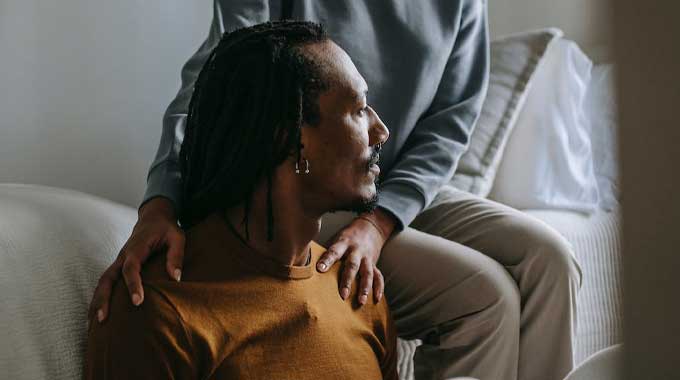A new study has linked those who have had a back surgery or joint replacement surgery to a higher risk of opioid use and dependence post surgery. The study shows that a significant percentage of patients who have gone under the knife continue to take very potent prescription opioid painkillers for months even years after their initial procedure.
These findings help to prove that when joint replacement surgery is increasingly common there is a correlation in quickly rising rates of opioid overdoses in the United States. The most common prescription opioid painkillers include drugs such as OxyContin, Vicodin, fentanyl and Percocet.
A recent autopsy report showed that music legend, Prince, died after taking fentanyl, a powerful synthetic opioid painkiller. The artist was said to have suffered from severe hip pain and used the synthetic opioid to alleviate his pain after years of performing intense acrobatics during his stage performances.
In this study, researchers followed 574 patients who were undergoing knee or hip replacement surgery. Approximately 30 percent of these patients were taking potentially addictive opioid painkillers before their surgery. Among this group, 53 percent of knee patients and 35 percent of hip patients were still taking the narcotics six months after their surgery.
This study also found that among patients who refused to take opioids prior to having surgery, 8 percent of knee surgery patients and 4 percent of hip surgery patients were still taking the painkillers six months after receiving their joint replacement.
The strongest predictor of long-term opioid use and dependence among the study participants came from those patients who were taking high doses of the opioid painkillers before joint replacement surgery.
The results show clearly that some patients will continue to use opioids despite improvements in their pain.
Some patients who did not use opioids before joint replacement will still become chronic users after the surgery. And continued opioid painkiller use post joint replacement surgery is much more common than previously believed.






